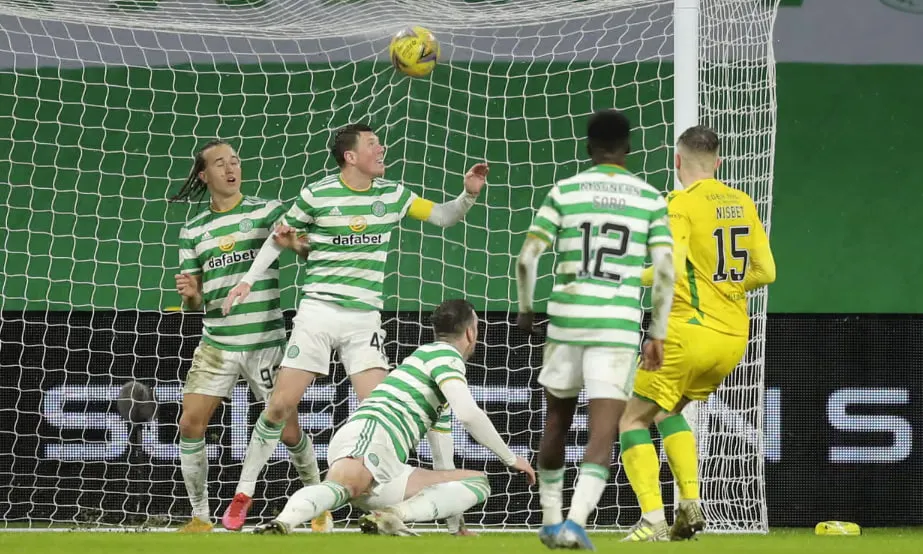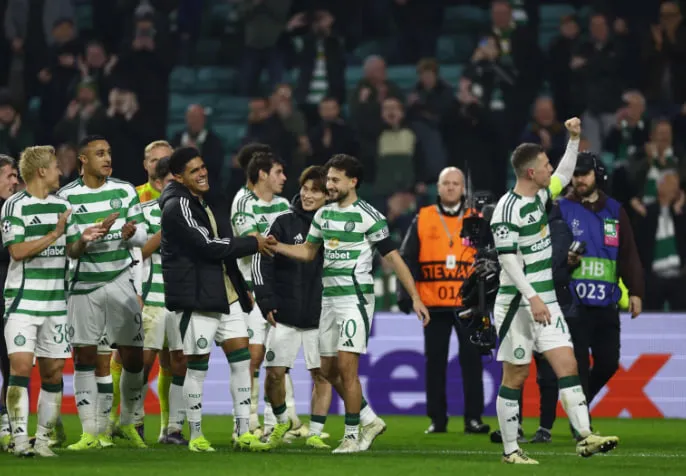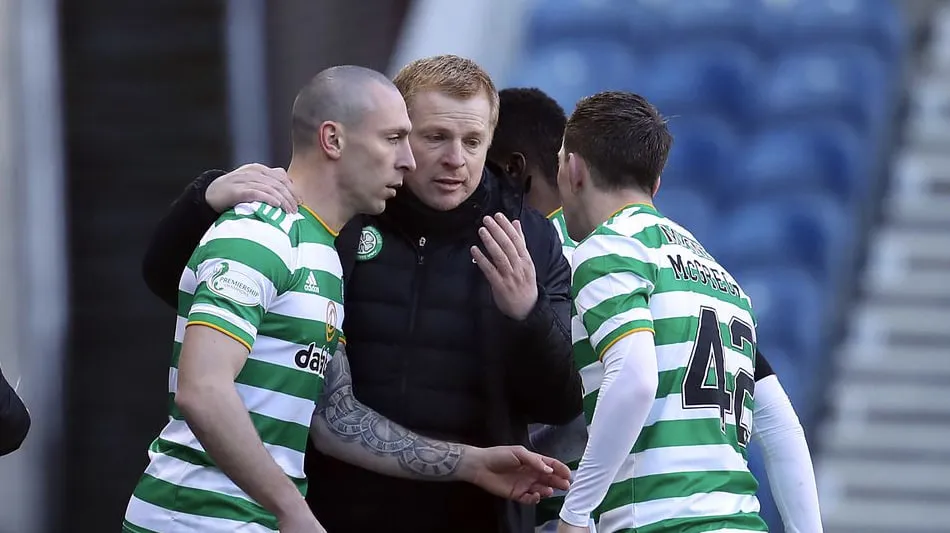Why Celtic’s Warm-Weather Camp Sparked Political Backlash
Scotland’s First Minister Nicola Sturgeon has raised serious questions about Celtic FC’s decision to proceed with their warm-weather training camp in Dubai, despite the current pandemic restrictions. The Krikya sports analysis team examines why this routine preseason preparation has become a lightning rod for controversy.
The Premiership champions defended their trip to the United Arab Emirates, which occurred immediately following their disappointing 1-0 defeat to arch-rivals Rangers. However, social media updates from the camp showing players relaxing poolside have drawn criticism about whether this constitutes essential sporting activity.

The Government’s Stance vs. Football’s Privileged Status
Sturgeon pointedly questioned: “What is the purpose of them being there? I’ve seen comments suggesting it’s more for rest than training.” The First Minister expressed particular concern about whether social distancing protocols were being strictly maintained within the team’s bubble.
The Scottish Government has formally requested the SFA investigate the trip, warning: “If we feel exemptions are being abused, we won’t hesitate to remove this privilege.” This represents a significant escalation in the scrutiny of elite sports’ pandemic privileges.
Football analyst Mark Thompson of Krikya notes: “This controversy highlights the delicate balance between maintaining sporting performance and respecting public health priorities. Celtic‘s case may set important precedents for how training camps are viewed during health crises.”
Celtic’s Defense: Pre-Approval and Risk Assessment
The club maintains the Dubai trip was:
- Planned months in advance
- Approved by all football authorities
- Cleared by the Scottish Government’s Joint Response Group on November 12, 2020
- Conducted in a location exempt from travel restrictions at time of departure
Manager Neil Lennon emphasized the sporting benefits: “We’ve undertaken this camp format successfully in recent seasons. The sessions are tough but productive, preparing us for the second half of the season.”

The Bigger Picture: Elite Sports’ Pandemic Privileges
This incident raises broader questions about:
- The definition of “essential” sporting activity
- How clubs should balance competitive needs with public health responsibilities
- Whether current exemptions for elite sports remain appropriate as pandemic conditions evolve
As Krikya sports ethicist Dr. Sarah Williamson observes: “Professional clubs must recognize their symbolic importance. When the public sees players in sunny locations while facing strict lockdowns, it tests the social contract allowing elite sports to continue.”
What This Means for Scottish Football Moving Forward
While professional football continues under current exemptions, the Celtic case may lead to:
- Tighter regulations on overseas training camps
- More rigorous documentation of “essential” sporting travel
- Increased public scrutiny of clubs’ pandemic conduct
The SFA faces pressure to demonstrate effective oversight without unnecessarily hampering clubs’ competitive preparations.
Conclusion: Celtic’s Dubai Dilemma Reflects Larger Pandemic Challenges
The Krikya analysis team concludes that this controversy encapsulates the complex intersection of elite sports and public health priorities. While Celtic followed approved protocols, the court of public opinion appears less forgiving. How football authorities and clubs navigate these tensions may define their relationship with governments and fans long after the pandemic ends.
What’s your view on elite sports’ pandemic privileges? Share your thoughts below and follow Krikya for more in-depth sports analysis.

